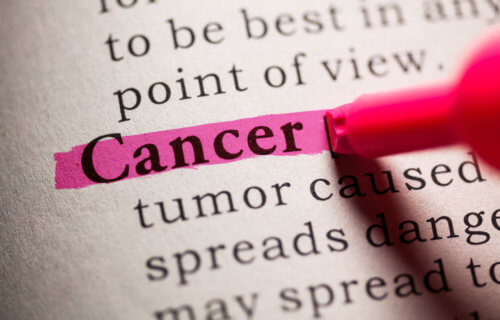BOSTON, Mass. — This one won’t be two stories tall and made of wood, but scientists say a new “Trojan horse” may be able to fool cancer cells into consuming more tumor-destroying medicines. Researchers at Massachusetts General Hospital add the strategy boosts a tumor’s “appetite” for certain proteins, making it more vulnerable to chemotherapy treatments.
Their study notes getting the proper amount of cancer-killing drugs into a tumor can be difficult. However, a new approach of binding these medications to albumin may make the job easier. Albumin is an abundant protein found in blood and researchers say tumors love to consume proteins to fuel cancerous growth. Now, consuming albumin will also mean taking in toxic compounds which essentially poison the cancer cells.
Which drugs successfully bind to blood proteins?
The U.S. Food and Drug Administration has approved the use of a popular albumin-binding medication called nanoparticle albumin-bound paclitaxel (nab-PTX). Study authors say it has successfully treated patients with late-stage lung and pancreatic cancers in the past. However, the results are not always this promising.
“Not all patients respond to nab-PTX, though, and the effectiveness of its delivery to tumors has been mixed, owing to an incomplete understanding of how albumin impacts drug delivery and actions,” notes senior author Miles Miller, PhD, a principal investigator at the MGH Center for Systems Biology and assistant professor of Radiology at Harvard Medical School, in a media release.
To address this, Miller and the team examined the delivery of nab-PTX to cancerous tumors at a cellular level. Using mouse models of cancer, researchers discovered cancer cells typically consume a large amount of nab-PTX in the blood. Also, certain signaling pathways appear to control how many nutrients, like albumin, tumor cells take in.
“This discovery suggested that if we could manipulate these pathways, we might be able to trick cancer cells into a nutrient-starved state, thereby enhancing their consumption of nab-PTX,” explains study first author Ran Li, PhD, an instructor in the MGH Department of Radiology and the Center for Systems Biology.
Tricking cancer cell into self-destruction
Researchers treated tumors with an inhibitor of insulin-like growth factor 1 receptor. This is an important part of one of the signaling pathways controlling a tumor’s appetite.
Results reveal the treatments improved how much nab-PTX tumors take in while consuming albumin and also increased the effectiveness of the drug.
“These results offer new possibilities to improve delivery of albumin-bound drugs in patients with diverse types of cancer,” Miller concludes.
The study appears in the journal Nature Nanotechnology.
